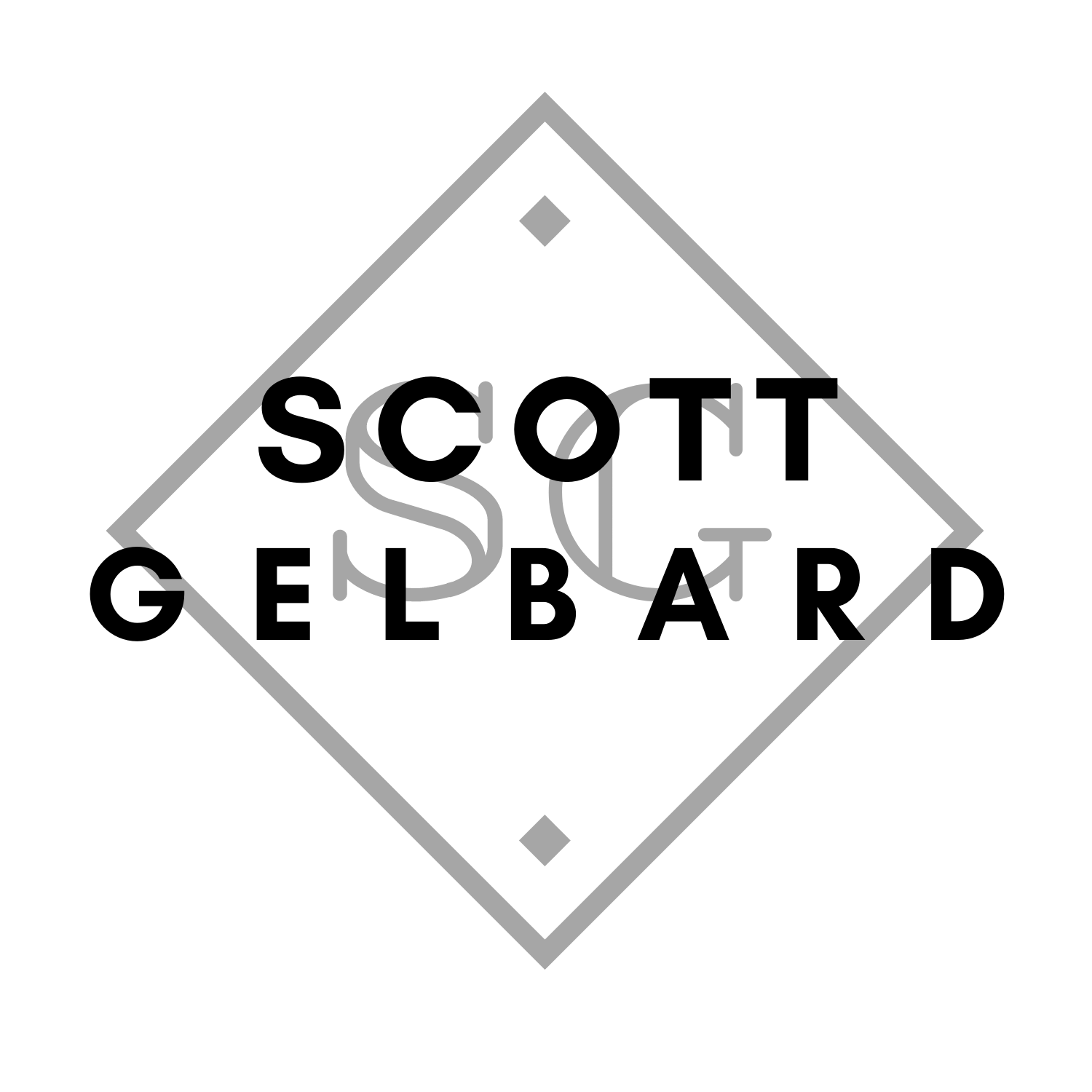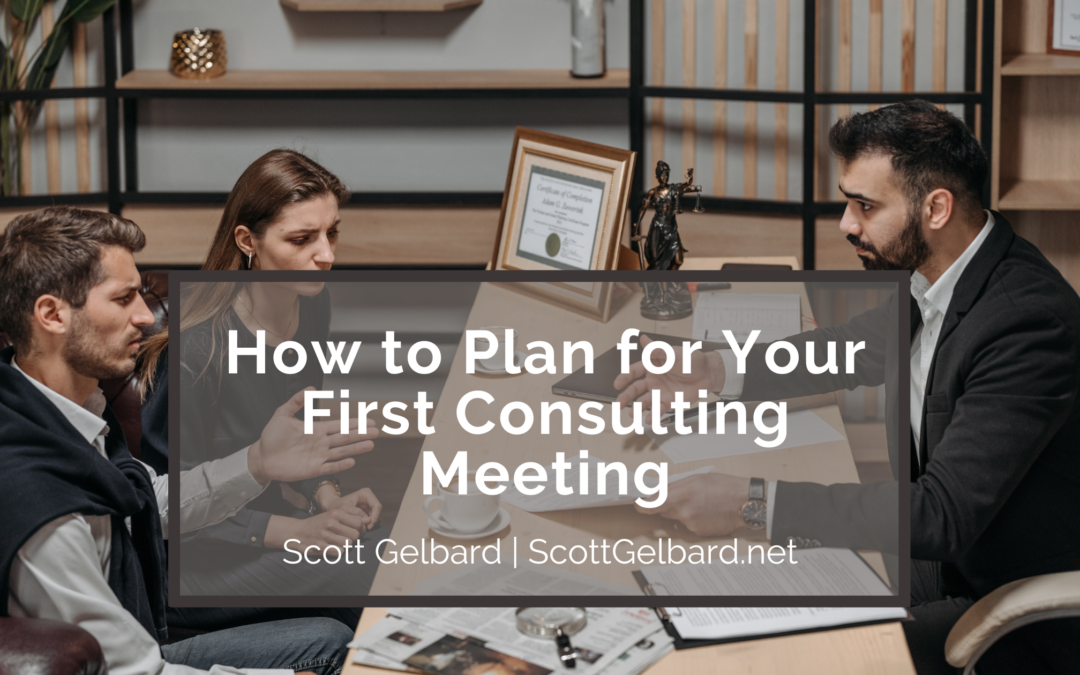Preparing for your first consulting meeting with a prospective client is crucial to making a positive impression and establishing a strong foundation for a successful partnership. A well-planned meeting demonstrates professionalism, expertise, and a genuine interest in understanding the client’s needs. In this article, we will provide you with valuable tips and strategies to help you prepare for your first consulting meeting.
Research the Client and Their Industry
Before the meeting, thoroughly research the client and their industry. Understand their background, challenges, and goals. Familiarize yourself with industry trends, competitors, and recent news or developments that may impact their business. This research will enable you to tailor your approach and demonstrate your knowledge and understanding of their needs.
Define the Purpose and Objectives
Clearly define the purpose and objectives of the meeting. What do you hope to achieve? Are you there to understand their challenges, offer solutions, or discuss potential projects? By establishing clear goals, you can structure the meeting effectively and ensure you and the client are on the same page.
Prepare Thoughtful Questions
Asking insightful questions is a vital component of a successful consulting meeting. Prepare a list of thought-provoking questions demonstrating your expertise and genuine interest in the client’s business. This allows you to gather relevant information, identify pain points, and uncover opportunities. Additionally, it helps you build rapport and engage the client in a meaningful conversation.
Anticipate Concerns and Objections
Consider potential concerns or objections the client may raise during the meeting. By proactively addressing these issues, you can demonstrate your ability to navigate challenges and offer solutions. Prepare persuasive responses that alleviate their concerns and showcase your expertise and past successes.
Create a Meeting Agenda
Develop a structured meeting agenda that outlines the topics you plan to cover. This helps you stay focused and ensures that all critical points are addressed. Share the schedule with the client beforehand, so they understand what to expect and can provide input or suggest additional topics they would like to discuss.
Practice Active Listening
During the meeting, practice active listening to fully understand the client’s needs, concerns, and expectations. Demonstrate empathy and show genuine interest in their challenges. Take notes and ask clarifying questions to ensure you grasp the details accurately. Active listening helps build trust and fosters a collaborative atmosphere.
Follow-Up and Next Steps
At the conclusion of the meeting, summarize the key points discussed and clarify any action items or next steps. This demonstrates your attention to detail and commitment to moving the project forward. Within a few days, send a personalized follow-up email expressing your appreciation for the meeting and reiterating the main takeaways and agreed-upon next steps.
Planning for your first consulting meeting is crucial for establishing a solid foundation for successful client engagement. Follow up promptly and maintain open communication to progress the project. With careful preparation and a client-centric approach, your first consulting meeting will be a productive and positive step toward a successful consulting relationship.

